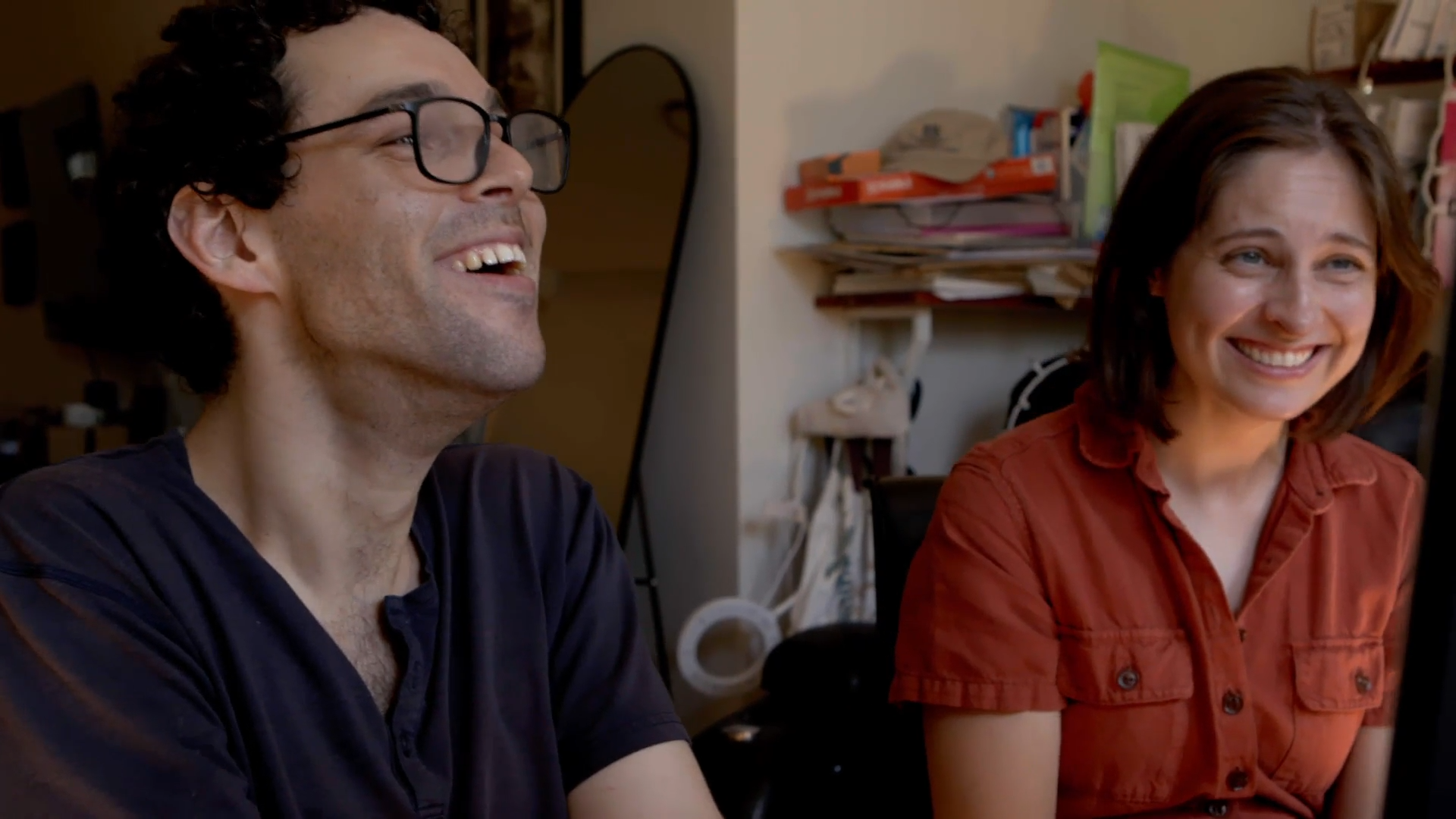
When it comes to issue-focused documentaries, you’re either with the filmmaker or you’re not. With Life After, the new documentary from filmmaker, Reid Davenport, I found myself in a rather uncomfortable position. I do now, as I always have, support a person’s right to die, regardless of their health. In my opinion, no one should be forced to live if they’d rather not. If we all truly have autonomy over our own bodies (and clearly those waters are muddy), we should be able to control the manner by which we exit this life. Life After doesn’t really agree with that. While it attempts, in good faith, to present a ‘both sides’ view of the issue, it’s obvious that Davenport and the subjects he chooses for the film represent opposition to the movement.
Davenport, himself living and working with cerebral palsy, builds the entire film around the story of Elizabeth Bouvia, a 26-year-old woman who, in 1983, checked herself into a California hospital with the intent of starving herself to death. When this was not allowed, the ACLU stepped in and filed suit on her behalf, fighting for her right to choose the time and nature of her death. Having suffered from cerebral palsy her entire life, and a series of likely botched surgeries, Bouvia decided that enough was enough. In the end, she was not allowed to die. In fact, she actually lived until 2014, and we’re told it was not a particularly kind ending.

Most of what we learn about Bouvia is through her sisters, both of whom clearly loved her very much and respected her right to live, or die. Director Davenport started off hoping Bouvia was alive, and a powerful moment comes when he and his filmmaking partner learn that she actually did pass ten-years prior. Bouvia lived an intentionally private life, and her sisters seem as if they are always contending with that, hesitant to talk, at times, and always just a bit unsure of the film and what it will ultimately say about their sister. In the end, Life After works best as a celebration of Bouvia and her courage, ensuring her story isn’t lost to time.
Some of the subjects Davenport follows have truly traumatic stories that are impossible to forget. There’s a woman whose husband suffered a traumatic brain injury and was taken off life support without her permission. She calls it ‘murder’. There’s a man who seriously considered ending his life because of the financial burden his illness would cause. They are all pawns in a Canadian healthcare system that seems designed to promote assisted suicide as a means by which to lower healthcare costs. This is one of the rare documentaries that actually exposes one of the darkest aspects of Canada’s healthcare system, and some of the commercials we see for assisted suicide from that country are shocking to behold.

But, at the end of the day, I just don’t agree with the thesis of the filmmaker here. I understand that, for many people, being differently abled is part of their identity, and not something they feel inclined to change, or have used to ‘other’ them. But, not everyone feels that way. We all feel pain differently. We all have different qualities of life based on a variety of factors. Applying a ‘one size fits all’ mentality to the issue doesn’t work. For me, and many others, the best option is to make assisted suicide legal to anyone who wants it, regardless of their condition. And, while some say that devalues life, I would argue the opposite is true. But, then again, I am fortunate enough to have never been in a position to ever ask myself – “Do you really want to live?”
The craft on display in Life After is impressive, and Davenport gets access to vulnerable and unforgettable moments with his subjects that linger in your mind. He’s a gifted filmmaker and really does understand how to connect with people on camera. Any problems I have with this picture surround our disagreement over the right to die. Regardless, it’s certainly an issue worth debating, and I understand both sides of the argument now, thanks to this film. If Bouvia were alive today, I wonder what she would think about this film? She would either love it or hate it (I expect the latter). However she felt – she would most certainly have an opinion.
Rating: ***/***** (opening July 18th in limited release)




